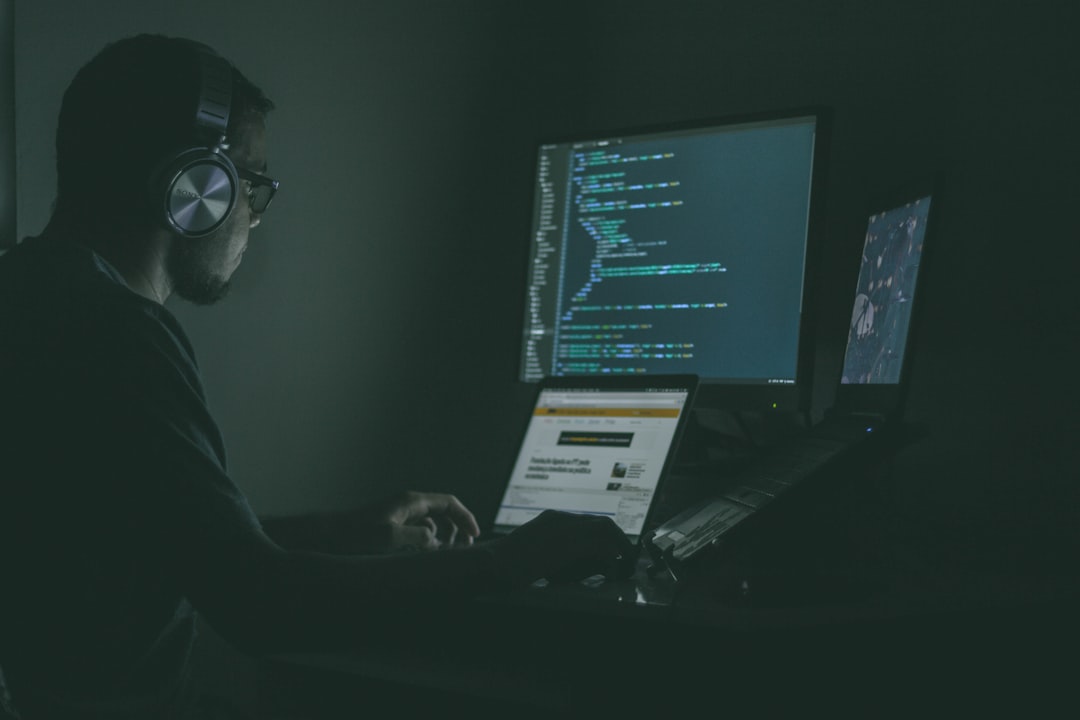Cybersecurity Risks in Legal Tech
Legal tech is revolutionizing the industry, streamlining processes and boosting efficiency. But with every innovation comes a new vulnerability. The sensitive data that lawyers hold – client secrets, financial records, strategic plans – is a goldmine for cybercriminals.
Photo by Jefferson Santos on Unsplash
The Threats We Face
Let's be honest, cybercriminals are crafty. They're constantly devising new ways to exploit vulnerabilities, and the legal industry, brimming with sensitive data, is a prime target. Here are some of the most common threats:
- Data Breaches: A hacker infiltrates a system and steals client information, like Social Security numbers or financial records. Imagine the ethical nightmare (and potential lawsuits) that would ensue!
- Ransomware Attacks: Malicious software encrypts your data, essentially holding it hostage until a ransom is paid. This can cripple a firm's operations and leave clients in limbo.
- Phishing Attacks: Deceptive emails or messages trick users into revealing sensitive information or clicking on malicious links, granting hackers access to the system. We've all seen those "urgent" messages that seem legit – even the most tech-savvy can fall victim.
Here's the thing: a data breach in the legal world isn't just an IT headache. It's a full-blown ethical crisis. Breaches can shatter client trust, lead to hefty fines, and even result in malpractice lawsuits.
So, what can we do to ensure our legal tech is secure and our clients' data remains confidential?
Essential Cybersecurity Measures
Here are some key steps law firms (and legal tech companies!) can take to fortify their digital defenses:
- Implement Robust Technologies: Use encryption software to scramble data, making it unreadable to unauthorized users. Invest in firewalls and anti-malware solutions to filter out threats before they can wreak havoc.
- Have a Watertight Data Security Policy: Develop and enforce clear, comprehensive cybersecurity policies that outline clear protocols for data handling, access control, and communication. It's your rulebook for keeping information safe, ensuring everyone is on the same page. This includes everything from password management to acceptable use of devices.
- Embrace a Culture of Security: Security shouldn't be an afterthought. Make it a core value of your firm. Regularly train staff on cybersecurity best practices, from creating strong passwords to identifying phishing attempts. From lawyers to paralegals to IT personnel, everyone needs to be equipped to identify and avoid phishing attacks, malware, and other threats. Remember, even the most sophisticated security system is only as strong as its weakest link.
- Software updates are like security patches for your digital armor. Make sure all systems and legal tech solutions are kept up-to-date with the latest security patches.
- When adopting legal tech solutions, investigate the security practices of the provider. Are they following industry best practices? Do they conduct regular security audits?
- Develop an Incident Response Plan: Even with the best defenses, breaches can happen. Having a plan in place ensures a swift and coordinated response to minimize damage and restore normalcy.
While firewalls and encryption are essential, security is ultimately a cultural issue.
Law firms have a long-standing tradition of client confidentiality. Translating that ethos into the digital age is key. Security awareness training shouldn't feel like a box-ticking exercise. Instead, emphasize the ethical importance of data protection. Make it clear that strong cybersecurity isn't just about compliance – it's about upholding the core values of the legal profession.
Moving Forward: A Collaborative Effort
Ensuring a secure legal tech landscape requires a collaborative effort. Law firms, legal tech developers, and even regulators all have a role to play. Open communication, continuous improvement, and a shared commitment to client confidentiality are the cornerstones of a secure future for legal tech.
Remember, cybersecurity isn't just about technology – it's about awareness, vigilance, and a commitment to protecting your clients' most sensitive information.
ABOUT ME
I'm Juliet Edjere, a no-code professional focused on automation, product development, and building scalable solutions with no coding knowledge.
Learn from practical examples and explore the possibilities of no-code, AI and automation. We'll navigate the tools, platforms, and strategies, one article at a time!
Visit my website → built with Carrd
